Trump bowed to pressure from Netanyahu to close Palestinian office: Analyst
The administration of US President Donald Trump had decided to close the Palestinian diplomatic mission in Washington, DC, due to pressure from Israeli Prime Minister Benjamin Netanyahu, an American author and investigative journalist says.
Dave Lindorff, a columnist for Counter Punch and a contributor to Business Week and other news organizations, made the remarks on Saturday, after the United States reversed its decision to close the Palestinian office in the US capital.
Last week, the US ordered to close the Palestine Liberation Organization (PLO) office in response to efforts by Palestinians to prosecute Israelis at the International Criminal Court (ICC) over illegal Israeli settlement expansion on the occupied Palestinian land and other crimes.
In response, senior Palestinian negotiator Saeb Erekat said, "We will put on hold all our communications with this American administration,” if the Trump administration continues with plans to shut down the diplomatic mission.
He added that the decision was "very unfortunate and unacceptable," and accused Washington of giving in to pressure from the Israeli regime.
On Friday, however, the US State Department announced to reverse the decision, saying the PLO office in Washington, DC would be allowed to stay open for at least the next three months.
The US had "advised the PLO Office to limit its activities to those related to achieving a lasting, comprehensive peace between the Israelis and Palestinians,” State Department spokesman Edgar Vasquez told reporters.
“I think what happened here is that the Trump administration[‘s foreign relations activities have] stopped because of the cuts in the State Department staffing [which] have gotten pretty chaotic," Lindorff said.
“I think somehow they bowed to pressure from Netanyahu and the Israeli government to close the office and then realized that was a mistake because the Trump administration has this goal of trying to --at least look like trying to -- broker a peace agreement between Israel and Palestinians,” he stated.
“So they had to back off and allow the office to remain open, because otherwise they couldn’t have any negotiations. So that’s why they reversed the course on this I think,” he added.

Hanan Ashrawi, from the executive committee of PLO, said that the US was "disqualifying itself as a peace broker in the region" with its refusal to extend the law.
Speaking at the United Nations in September, Palestinian Authority President Mahmoud Abbas said that the Palestinians "called on the International Criminal Court [ICC] to open an investigation and to prosecute Israeli officials for their involvement in settlement activities and aggressions against our people.”
Less than a month before President Trump took office, the United Nations Security Council adopted Resolution 2334, calling on Israel to “immediately and completely cease all settlement activities in the occupied Palestinian territories, including East Jerusalem” al-Quds.
About 600,000 Israelis live in over 230 illegal settlements built since the 1967 Israeli occupation of the Palestinian territories of the West Bank and East Jerusalem al-Quds.
Palestinians want the West Bank as part of a future independent Palestinian state, with East Jerusalem al-Quds as its capital.
The last round of Israeli-Palestinian talks collapsed in 2014. Among the major sticking points in those negotiations was Israel’s continued settlement expansion on Palestinian territories.
Trump backtracked on Washington’s support for the so-called “two-state solution” in February, saying he would support any solution favored by both sides.
Trump's son-in-law and adviser, Jared Kushner, has been working on a so-called peace plan to present to both sides in the coming months.
"We, therefore, are optimistic that at the end of this 90-day period, the political process may be sufficiently advanced that the president will be in a position to allow the PLO office to resume full operations," Vasquez said on Friday.
VIDEO | Bethlehem's Christmas dimmed by war, restrictions
Israel admits assassinating Hamas leader, vows to inflict same fate on Yemeni fighters, people
VIDEO | Yemeni forces repel US-British attack, down F-18 Jet
Iran’s capabilities vast; enemy’s ‘maximum pressure’ policies all failed miserably: Senior official
Iran’s economy grew 2.7% y/y in Sep quarter: CBI
VIDEO | Freelancers in Gaza strive to stay online amid genocide
Mikati demands Israel's withdrawal from south Lebanon
Yemeni army strikes Israeli military sites with drones



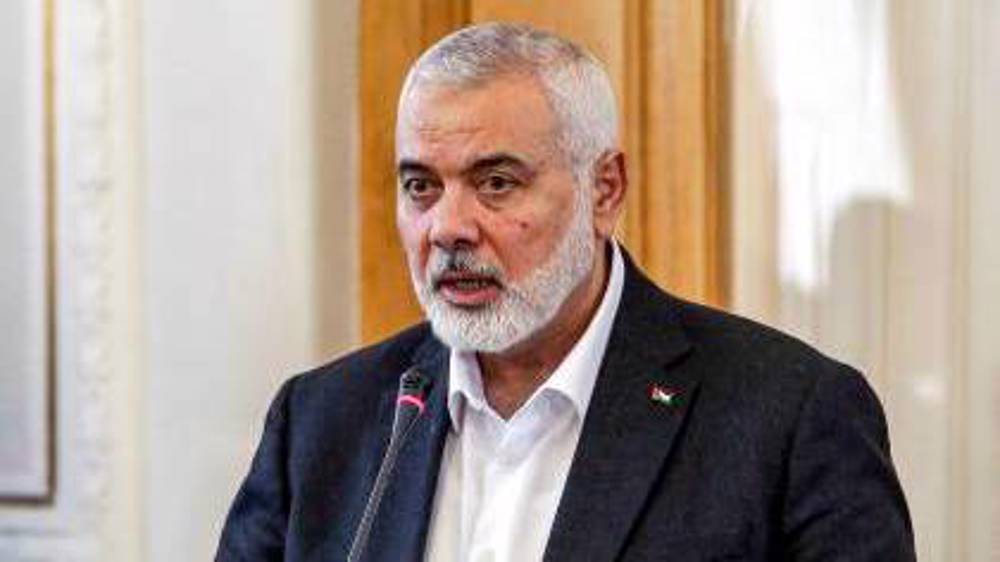

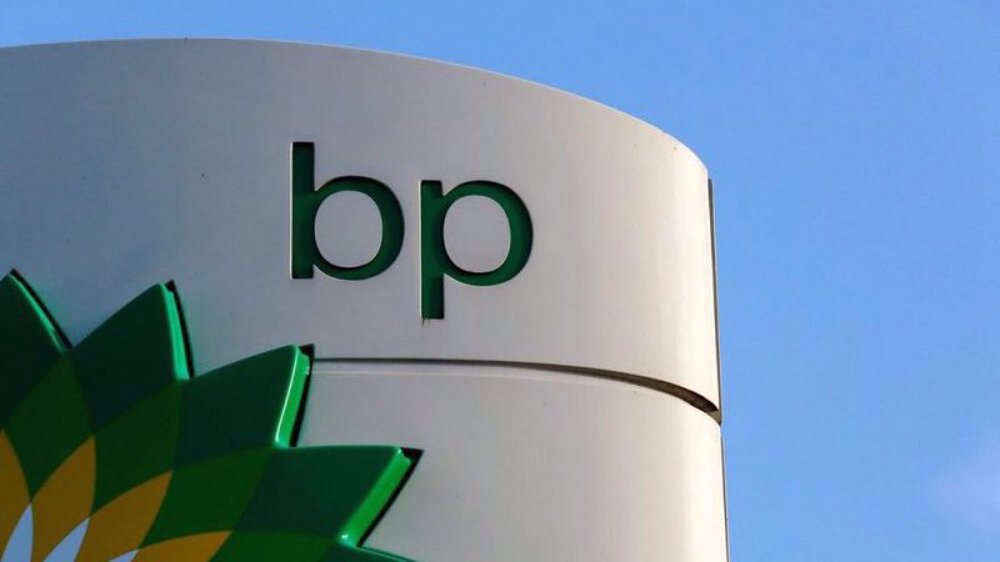



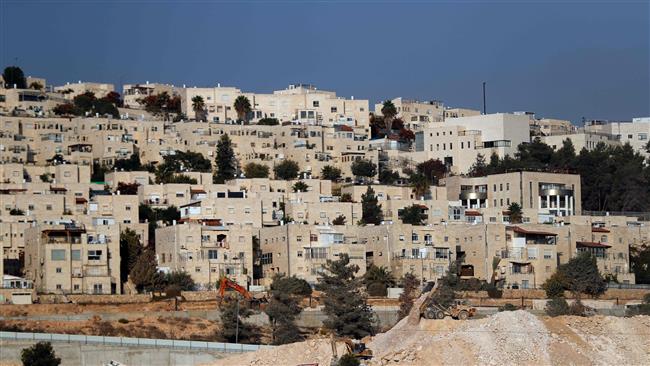
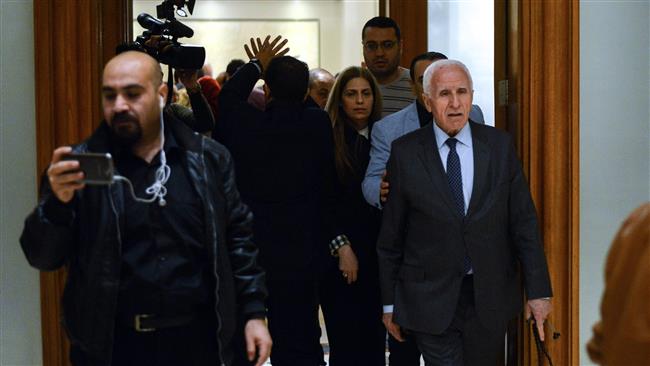
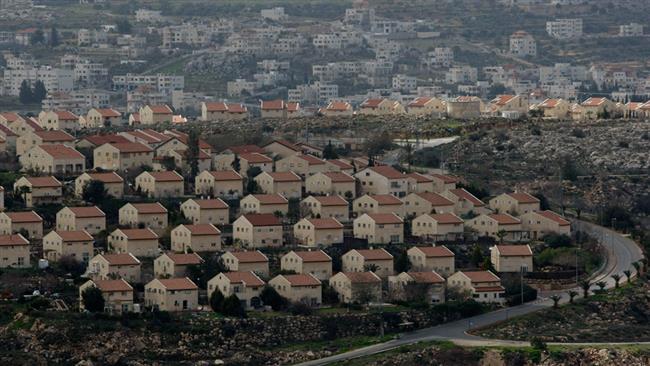
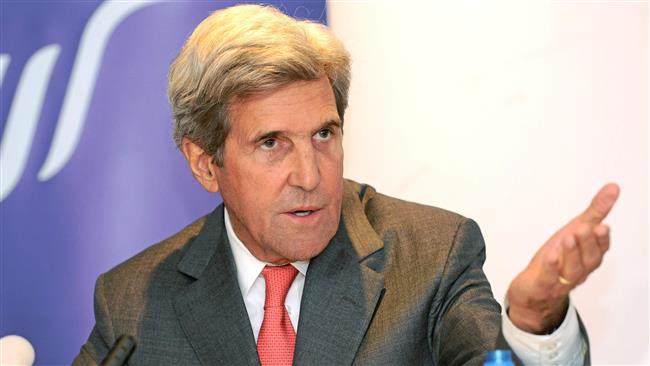

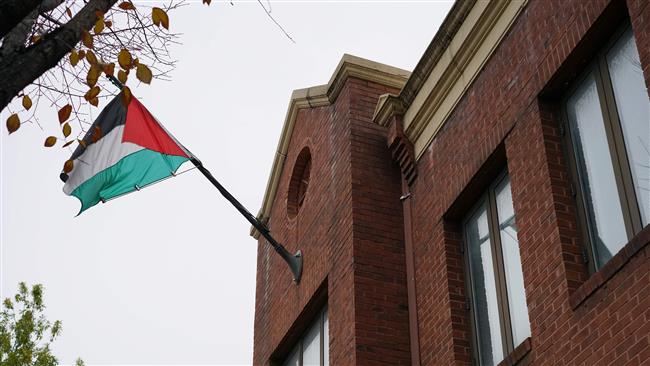
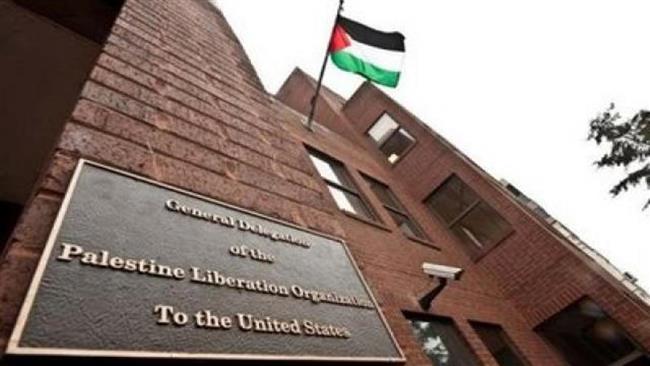
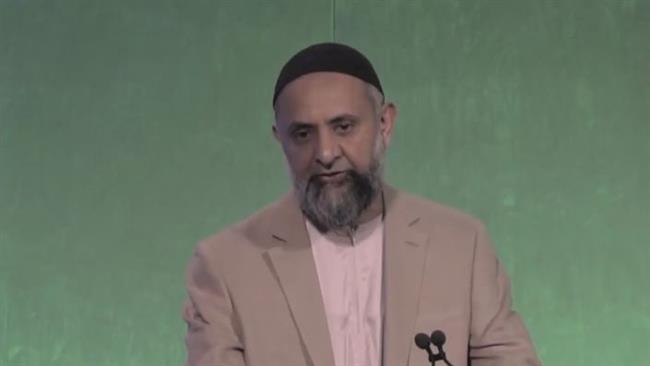
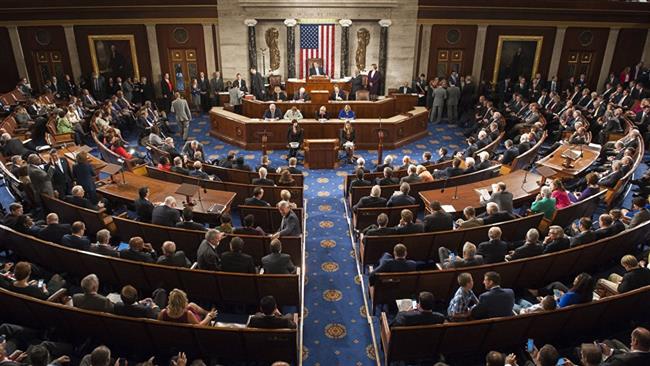

 This makes it easy to access the Press TV website
This makes it easy to access the Press TV website